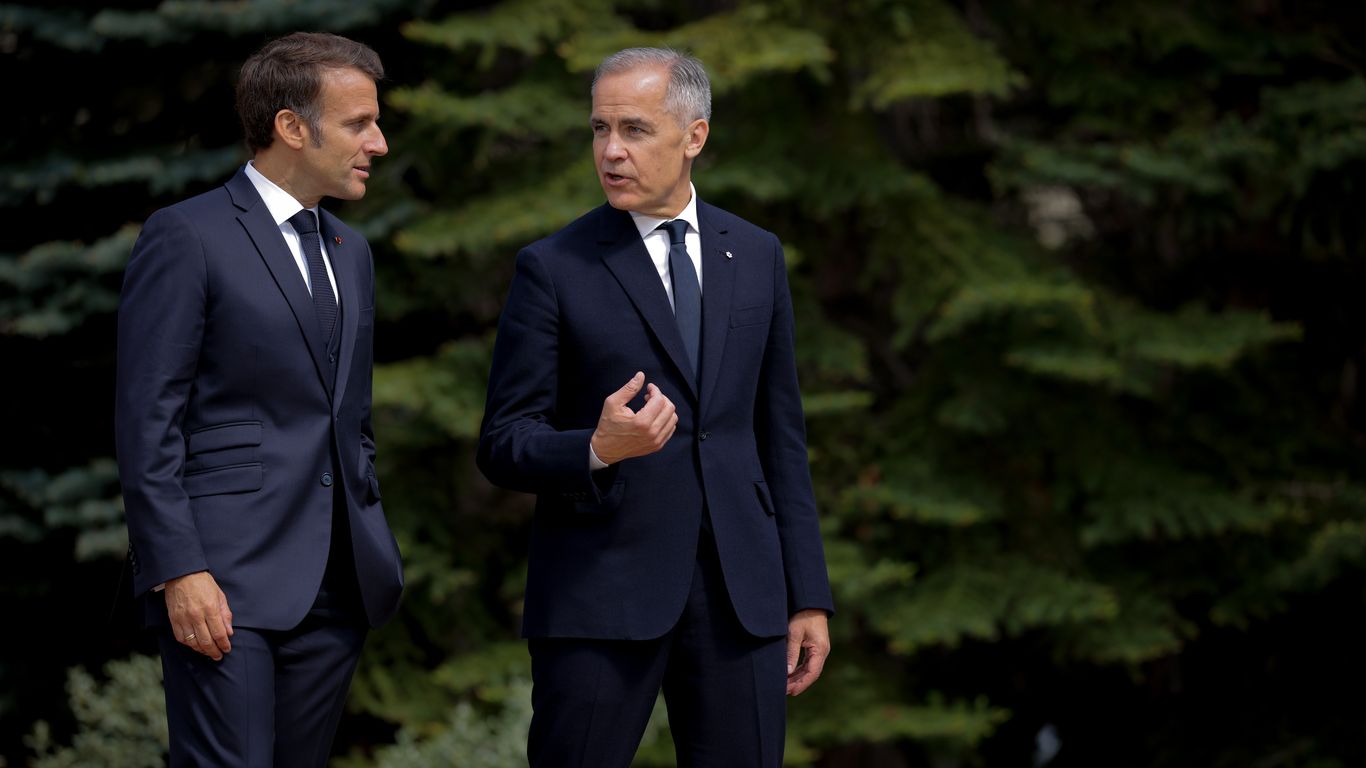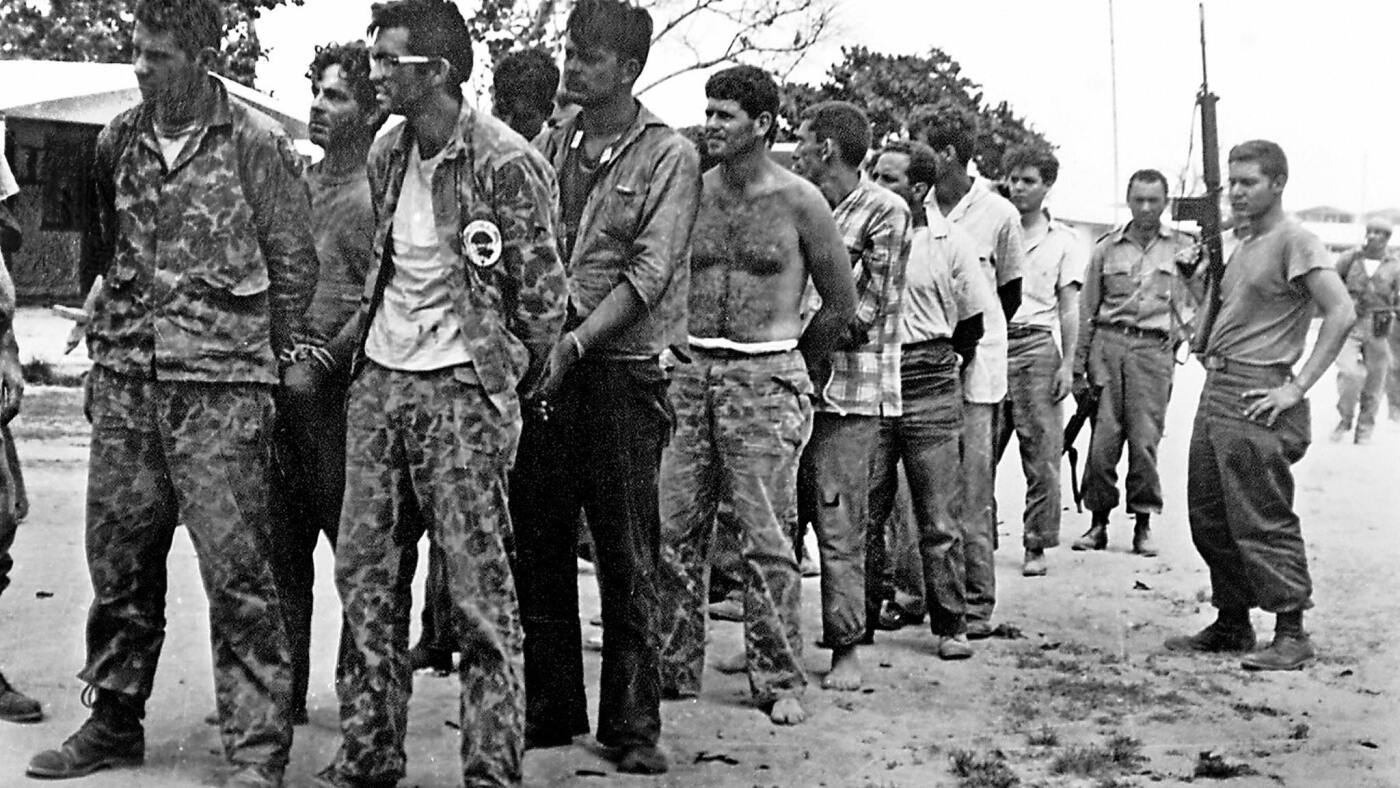The **League of Arab States (Arab League)** is a regional intergovernmental organization founded in Cairo on March 22, 1945, initially by six members: Egypt, Iraq, Jordan, Lebanon, Saudi Arabia, and Syria, later expanding to 22 member countries across the Middle East and North Africa. Its core mission is to **strengthen relations, coordinate policies, and promote cooperation among Arab states** while safeguarding their independence and sovereignty[1][2][4].
The Arab League was established amid rising Pan-Arab nationalism, aiming to unify Arab peoples politically and culturally, with Arabic as its official language. Over time, it has developed frameworks for cooperation in political, security, economic, and legal matters, acting as the main pan-Arab organization seeking to represent Arab interests on the global stage[2][3][7].
The League’s highest authority is its Council, where each member has one vote, and decisions bind only those who agree. The General Secretariat, led by a Secretary-General appointed every five years, manages daily operations. Its headquarters remain in Cairo, Egypt, though it was temporarily relocated to Tunis during the 1980s due to political tensions[2][4][7].
Notable achievements of the Arab League include its historic support for the Palestinian cause, including the 2002 Arab Peace Initiative, and its active role in regional diplomacy, such as endorsing the 2011 intervention in Libya. However, the League has faced criticism for internal divisions, inconsistent responses to conflicts like Syria’s civil war, and limited enforcement power over member states[5].
Currently, the League maintains observer status at the United Nations and collaborates closely with the EU and UN on peace, security, and development initiatives. Its ongoing challenges include managing sectarian rivalries, evolving relationships with Israel, and adapting to changing geopolitical realities, which continue to shape its role in regional business and technology cooperation[3][5][6].






